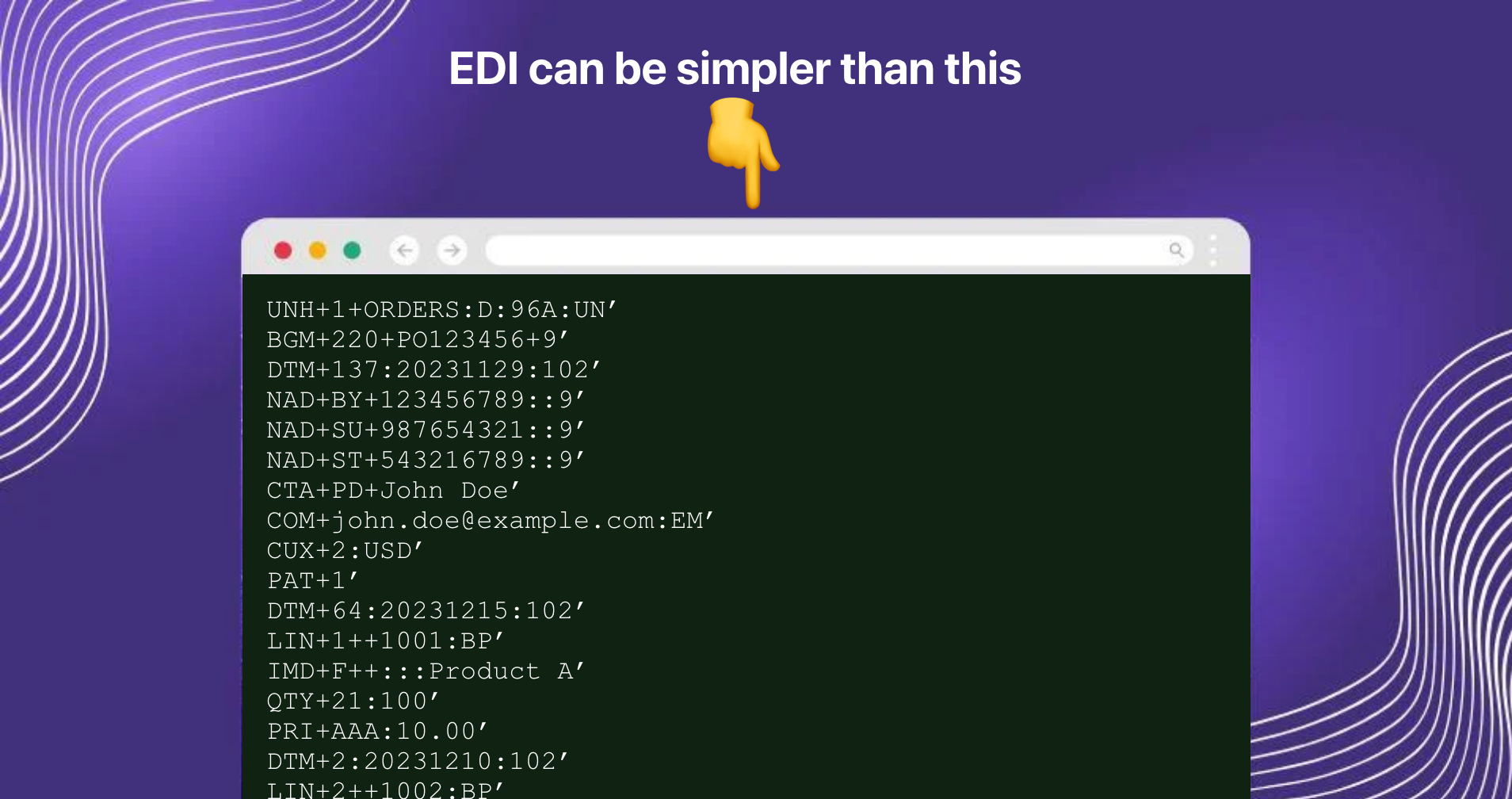Uncovering Hidden Revenue With Tracking Scripts in B2B eCommerce

In the world of eCommerce, data is the new gold. The ability to understand user behavior, track customer journeys, and optimize performance is invaluable for business growth. While many eCommerce businesses focus on analyzing orders and transactions, a critical aspect often overlooked is the tracking of activities that don’t result in immediate sales. This is where tracking scripts come into play. This content piece explores the importance of tracking scripts in B2B eCommerce, how they work, and the insights they provide to drive business success.
What Are Tracking Scripts?
A tracking script is a small piece of code that can be embedded into an application or website to monitor specific actions and events. In the context of eCommerce, tracking scripts are used to gather data on user behavior, product interactions, and various stages of the customer journey. This information can be invaluable for gaining insights into customer preferences, identifying trends, and optimizing the eCommerce experience.
Why Tracking Scripts Matter in B2B eCommerce
In B2B eCommerce, understanding customer behavior is crucial for tailoring your offerings and improving business performance. Tracking scripts allow you to collect detailed information on user interactions, even when they don’t result in immediate transactions. This data provides a more comprehensive view of your eCommerce activities, enabling you to make informed decisions and optimize your strategy.
The Data Layer in the Turis B2B Storefront
The Turis B2B storefront includes a powerful data layer that provides access to various insights for your analytics efforts. This data layer captures a range of interactions and events, giving you the ability to track and analyze customer behavior at multiple touchpoints. Here are some key insights that you can access via the data layer:
- Product Pop-up Views: This insight tracks which products users click on, giving you a sense of what items are attracting attention.
- Add to Cart: This insight reveals which products are being added to shopping carts, indicating customer interest and potential sales opportunities.
- Start Checkout: This metric shows which users are starting the checkout process, along with the products in their cart and the potential value of the order they could place. This data is particularly useful when combined with the Turis Lost Sales feature, allowing you to quickly respond to new order opportunities.
- Completed Checkouts: This data tracks successful transactions, including the products purchased and the total value of the order.
Using Tracking Scripts Without Technical Expertise
The concept of tracking scripts might seem complex, but modern technology has made it more accessible. With the rise of AI, creating unique tracking scripts is simpler than ever. You don’t need to be a developer to use tracking scripts effectively. By providing the data layer information and specifying what you’d like to track, AI tools can generate a customized tracking script ready for use in your analytics tool of choice (Google Analytics 4, or GA4, could be one).
This ease of use means that B2B eCommerce businesses can leverage tracking scripts without needing extensive technical expertise. The insights gained from these scripts can drive significant improvements in business performance, from optimizing product offerings to enhancing the customer journey.
The Unique Advantage in B2B eCommerce
One of the key advantages of B2B eCommerce is that you typically know and approve your customers before they start interacting with your eCommerce platform. This means that the insights gained from tracking scripts can be directly tied to specific customers, providing a deeper understanding of their behavior and preferences. With this knowledge, you can create more personalized experiences, improve customer satisfaction, and ultimately drive sales.
Robust Data Layer and User-Friendly Tracking Scripts
Tracking scripts are a powerful tool in the arsenal of B2B eCommerce analytics. They provide insights into customer behavior, allowing businesses to optimize their eCommerce activities and improve performance. With platforms like Turis offering a robust data layer and user-friendly tracking scripts, even those without technical expertise can harness the power of advanced analytics.
By using tracking scripts effectively, B2B eCommerce businesses can gain a competitive edge, making informed decisions based on comprehensive data. This leads to better business outcomes, stronger customer relationships, and ultimately, increased sales and growth in the dynamic world of B2B eCommerce.

